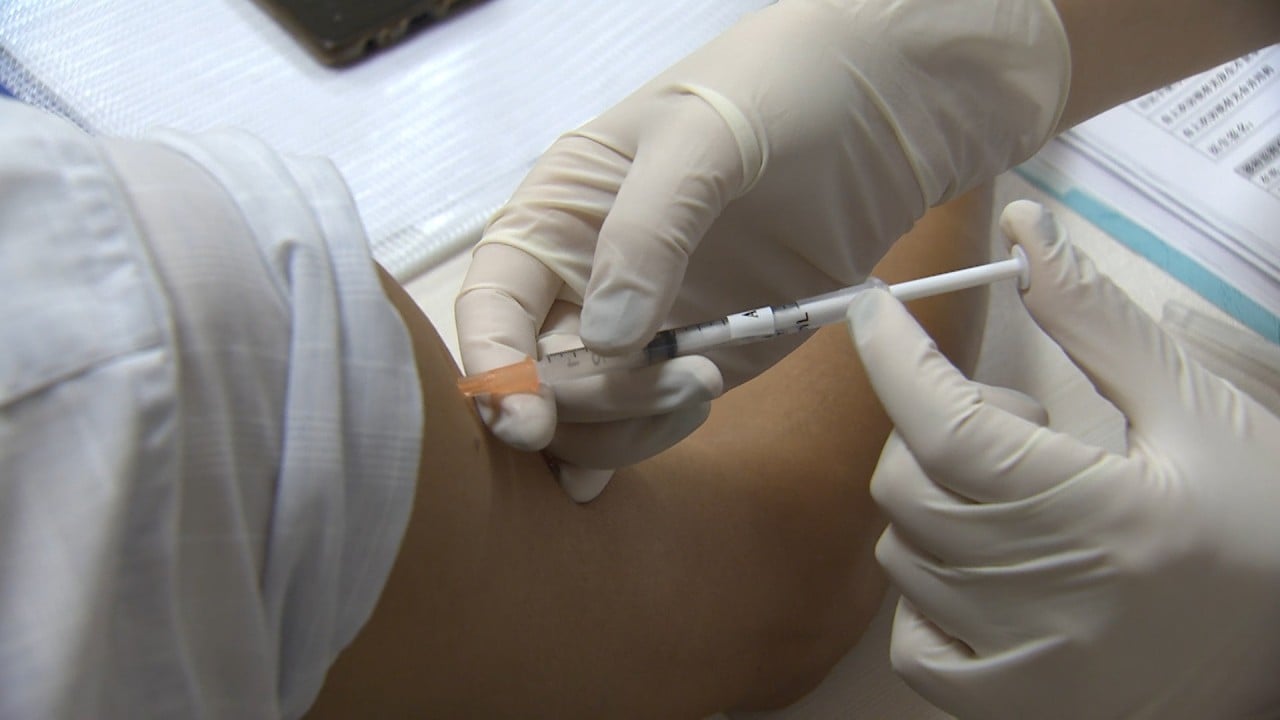
For China, offering Biden a plastic olive branch would be worse than doing nothing
- While Beijing choosing to test an incoming Biden administration would be bad, a superficial peace offering would be almost as harmful to US-China relations
- Instead of coming to Washington with one-sided proposals, patience on China’s part will let Biden focus on his top priorities of handling the pandemic and restarting the US economy
One can easily assemble the elements of an insincere offer of better relations. It begins with empty rhetoric for increased mutual understanding and respect.
Take the recent statement from Foreign Ministry spokesman Wang Wenbin: “We always believe China and the United States should strengthen communication and dialogue, manage differences on the basis of mutual respect, expand cooperation based on mutual benefit, and promote the sound and stable development of China-US relations.”

02:38
Chinese Covid-19 vaccine developer Fosun Pharma optimistic about progress on mRNA jab
That approach is a non-starter. It is not because the US does not want good ties with Beijing but because this framework locks in a relationship on Beijing’s terms, one where it is only the American side that is required to compromise. This reinforces the impression that Beijing is unwilling to budge on issues important to the United States and its allies.
Decoupling? Let the yuan rise and shine
An effort to integrate into global norms and institutions has been replaced by “wolf warrior” diplomacy aimed at making the world safe for China’s highly authoritarian, state-capitalist model. Hence, Beijing is hypersensitive to criticism of China and the Communist Party anywhere on the planet, in any language, and on any platform, even if technically not available inside the mainland.
Fuelling this new dark era of illiberalism at home and abroad is an about-face by Beijing on key beliefs that once justified close ties with the United States. Among them are the US being a model to follow or learn from; economic interdependence reducing the chances of conflict; the US having effective self-correcting mechanisms; Washington accepting Communist Party rule as legitimate; Washington wanting China to succeed; and China being so weak it has no choice but to cooperate.
Although one could take exception to each one of these conclusions, it is hard to deny that this represents a new kind of Beijing consensus that will be hard to dislodge.

03:26
Will China face a massive boycott over the 2022 Beijing Winter Olympics?
Given China’s clear broader direction, its conclusion that a close relationship is not possible and the domestic political constraints on Xi, what should Beijing do once Biden comes into office?
Instead, here is a modest proposal, offered only half-jokingly. China should do nothing on US policy, at least for a little while. Foreign Minister Wang Yi and State Councillor Yang Jiechi can save on plane tickets and hotel rooms and avoid jet lag.
And China likewise could attend to its many domestic challenges, including raising productivity and resolving (not papering over) a whole host of mounting social tensions.
One often hears about a Confucian revival in China. Perhaps what is needed is a tad bit more of Taoism. A more patient, humble approach to foreign policy and the United States would serve the relationship better than an agitated offer of a plastic olive branch.
Scott Kennedy is senior adviser and trustee chair in Chinese business and economics at the Center for Strategic and International Studies in Washington, DC











